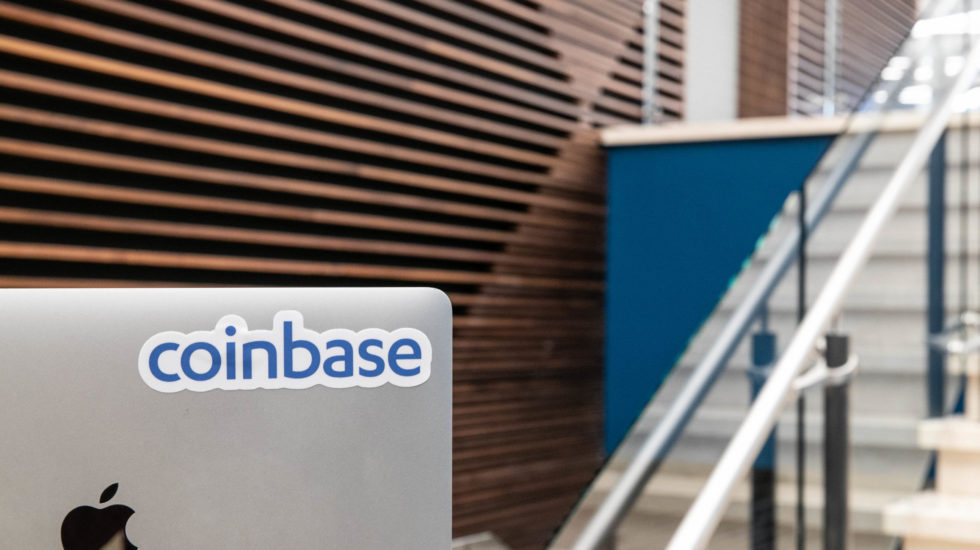Long-associated with a small group of tech enthusiasts, cryptocurrencies – and adjacent technologies like blockchain and non-fungible tokens – are moving into the mainstream.
On Wednesday, Coinbase, a start-up that facilitates the trade of cryptocurrencies like Bitcoin, went public. The price of COIN immediately soared. By the end of the day, the company was valued at $85.7 billion.
That’s more than General Motors, FedEx, Dell, or vaccine maker Moderna (values fluctuate).
The New York Times called COIN’s successful IPO “crypto’s coming-out party.”
More from the New York Times:
Coinbase’s listing answers the question “Is crypto a real thing?” said Bradley Tusk, a venture capital investor whose firm, Tusk Venture Partners, backed Coinbase. “Any industry that can launch an I.P.O. of this size is without a doubt a real thing, and it’s proven by the market.”
Yet questions remain about crypto’s ability to achieve it’s lofty promise – that is, to create decentralized currencies beyond the reach of central banks that people can actually use to buy things. In a world where crypto is exchanged as easily as cash, payment processors like credit card companies might be unable to extract a profit from everyday transactions. Some cryptos also have privacy advantages.
But right now, cryptocurrencies are primarily an asset – like stocks – that are used as an investment vehicle. (And they’re paying off).
“Can it be anything more than an asset class?” Tusk says in the same New York Times article. “That’s still very much up in the air.”
The vast majority of retailers do not accept cryptocurrencies, which were once associated with shadowy transactions on the dark web.
But the success of Coinbase and its embrace by institutional investors that are generally extremely sensitive to running afoul of regulators might change that. From Vox:
Coinbase’s public listing is just the latest milestone on cryptocurrency’s journey from nerdy curiosity to mainstream investing opportunity and payment method. Since 2018, Square, the payment processing service, has let most of its payment app Cash App users buy and sell bitcoin. And lately, more and more of them have been doing so. Square CFO Amrita Ahuja said in February that 3 million people did transactions in bitcoin on the app last year, while 1 million did so in January 2021 alone.
Similarly, PayPal began to allow users to buy cryptocurrencies through their accounts last year. The platform expanded its cryptocurrency capabilities this March and started allowing users to exchange their crypto holdings into US dollars in order to pay for things, which is just one step short of allowing users to make purchases with actual cryptocurrency. Paypal has also indicated that users of Venmo, which it owns, will soon be able to transact in cryptocurrencies, too.
Starbucks, Home Depot, and Whole Foods are among the major retailers who accept crypto in one form or another.
While crypto becomes more and more common, environmental concerns might give home potential users pause. The technology requires a massive amount of computing power, which guzzles energy. The carbon footprint of Bitcoin alone is comparable to that of New Zealand.
It’s also volatile. CNBC explains, “The price of bitcoin dropped as low as $52,148.98 on Sunday morning, days after reaching an all-time high above $64,800.”
What exactly is driving the drop is unclear.
An unverified report on Twitter claimed that the U.S. Treasury Department could be looking to crack down on financial institutions for money laundering using cryptocurrency.
Investors may also be worried that cryptocurrencies are experiencing a bubble.



